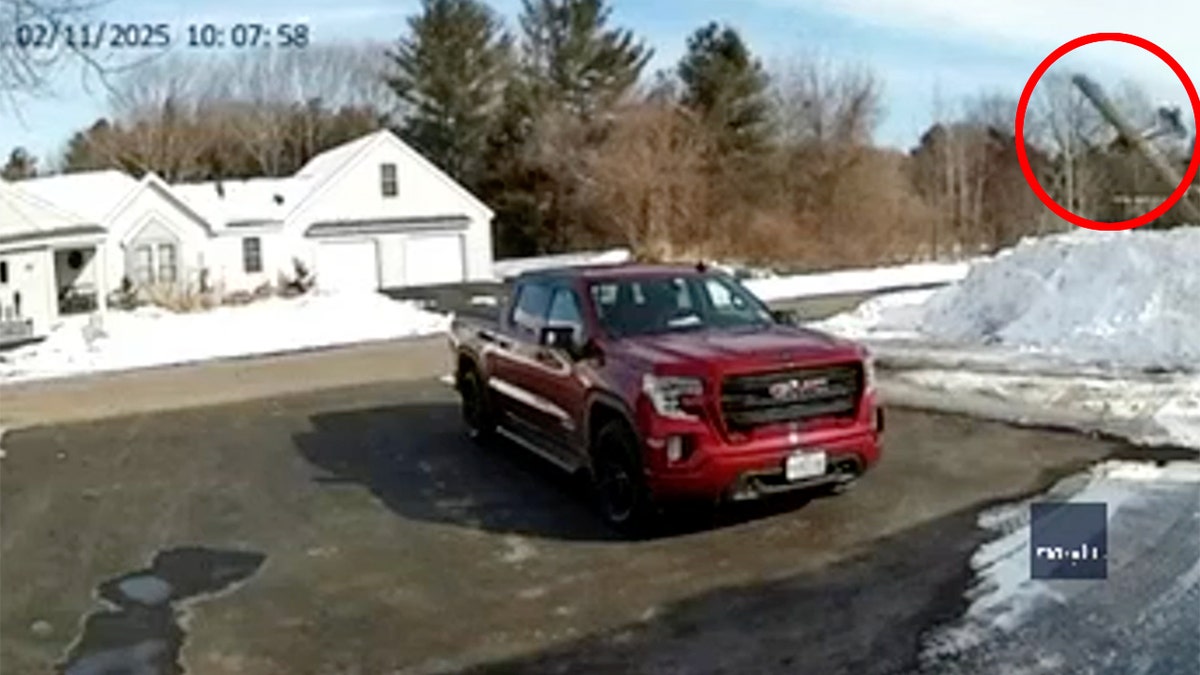New York Governor Kathy Hochul has granted permits to increase the capacity of the Iroquois Pipeline, a critical natural gas artery spanning from Canada to New York City. This decision contrasts sharply with the state's ongoing efforts to promote green energy and reduce reliance on fossil fuels.
The Iroquois Pipeline stretches 414 miles, originating near the Canadian border and traversing the Adirondacks, Connecticut, and Long Island Sound before terminating in the Bronx and Long Island. The capacity expansion comes as the New York Department of Environmental Conservation acknowledges the permits clash with the state's greenhouse gas emission reduction targets.
This move coincides with Hochul's proposed "inflation refunds" for low- and middle-income families, funds she argues are being offset by rising energy costs from providers like Con Edison (ConEd). ConEd is seeking approval for significant rate hikes for electricity and gas, potentially adding hundreds of dollars to annual household expenses. Hochul has urged the Public Service Commission (PSC) to scrutinize ConEd's executive salaries in light of these proposed increases.

Hochul's decision follows a series of state policies aimed at curbing fossil fuel use. In 2019, New York enacted the Climate Leadership & Community Protection Act, setting a goal of net-zero emissions by 2040. This legislation led to the closure of the Indian Point nuclear power plant in 2021 and a ban on gas-powered appliances in new construction. Additionally, Hochul introduced a "cap and invest" program, requiring energy companies to invest in green energy to offset their emissions. A recent PSC report also highlighted concerns about the reliability of the state's energy grid during extreme weather events.

Republican leaders have criticized Hochul's energy policies, arguing they prioritize ideology over practicality and affordability. They point to the state's ban on fracking, which contrasts with neighboring Pennsylvania's continued natural gas extraction from the same Marcellus Shale formation. Some Southern Tier communities, economically reliant on energy production, have even considered joining Pennsylvania due to New York's fracking ban.

ConEd defends the pipeline expansion as necessary to ensure reliable gas service for its customers, even as they transition to cleaner energy sources. The company emphasizes its commitment to both reliability and compliance with state regulations, including investments in grid resilience and support for the state's clean energy goals. ConEd also maintains that its executive compensation is aligned with industry standards and tied to performance metrics.








